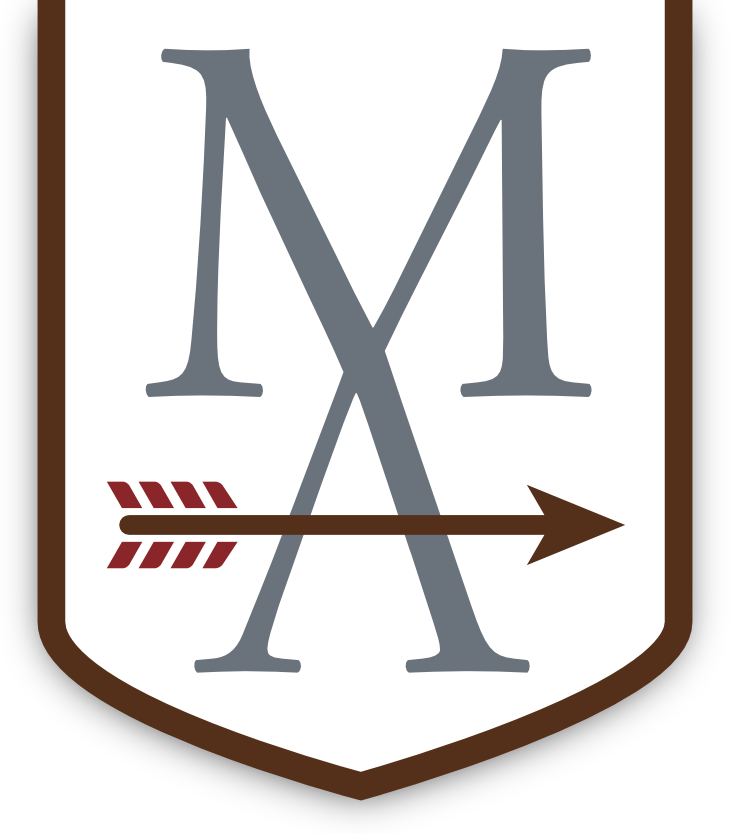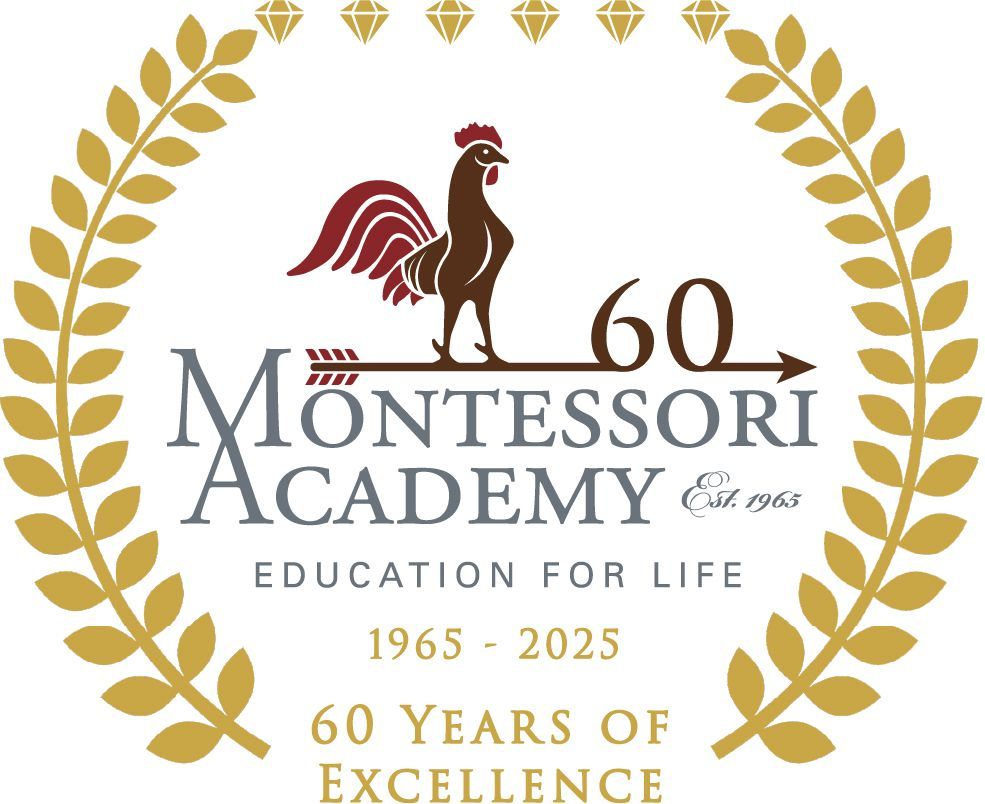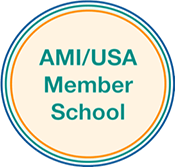Primary
2.9 to 6 years
Children in the primary program possess what Dr. Montessori called the absorbent mind; the ability to absorb all aspects of one’s culture and environment without effort or fatigue. As an aid to this period of the child’s self-construction, individual work is encouraged. The following areas of activity cultivate the children’s adaptation and ability to express and think with clarity.
8am - 12pm: 3-4 years old
8am - 3pm: 5 years and older (Bring your own lunch)
Extended Care Program: 7:30am - 5:30pm (Hot lunch included for students under 5 year of age)
Morning extension: 1:00pm (Bring your own lunch)
Practical Life
Practical Life exercises instill care for self, for others, and for the environment. Activities include many of the tasks children see as part of the daily routine in their home, such as preparing food and washing dishes, along with exercises of grace and courtesy. Through these tasks, children develop muscular coordination, enabling movement and the exploration of their surroundings. They learn to work at a task from beginning to end and develop their powers of control and concentration.
Sensorial
Sensorial materials serve as tools for development. Children build cognitive skills and learn to order and classify impressions by touching, seeing, smelling, tasting, listening and exploring the physical properties of their environment.
Language
Language development is vital to human development. The Montessori environment is rich in oral language opportunities, allowing the child to experience conversations, stories and poetry. The sandpaper letters help children link sound and symbol effortlessly, encouraging the development of written expression and reading skills. To further reading development, children are exposed to the study of grammar.
Program Eligibility & Hours
Children between the age of 2 years 9 months and 3 years 9 months are eligible for registration for this program. Children over 4 years of age and children with special needs are considered on an individual basis along with parental commitment.
The hours for this program are 8:00 am to 12:00 noon for children 3 and 4 years of age and 8:00 am to 3:00 pm for students 5 years and older. The primary program cycle includes the "Kindergarten" year.
With the dual working family in mind, Primary Extended Care offers extended hours of 7:30am to 5:30pm, and includes 20 additional days beyond the traditional 180 days of the standard school calendar.
“Learning happens through the child’s own hands-on interaction with the didactic material. Very seldom does this activity result in a paper or written component. As a parent of a primary age child, one should not expect paper to come as evidence of the child’s activity. In addition, there are times when the paper component will appear to have errors, which have not been corrected. This is typical, as often with very young children it is the process that is more important than correctness, even in math.”
- Maria Montessori
“It really prepares you for any kind of environment. In addition to teaching you how to learn, it also gives you a lot of real ‘life’ experience… I really did think my Montessori education did help me prepare…“
-Duncan, Former Student




